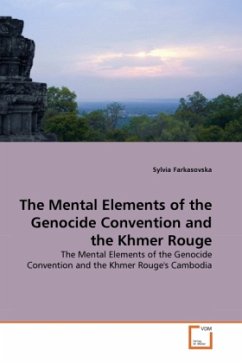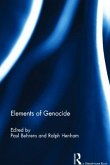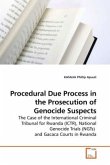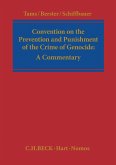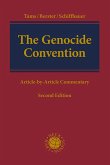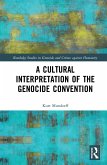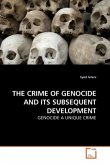The atrocities committed in Cambodia are often compared to atrocities committed by the Nazis in Second World War. During the Khmer Rouge regime, between 1.7 1.9 million inhabitants of Cambodia died as a result of killing, torture, starvation or diseases. It is believed Pol Pot's regime perpetrated one of the worst genocides in human history. Genocide is considered to be the most serious crime and is defined by the Convention on the Prevention and Punishment of the Crime of Genocide. However, the Convention does not only provide the legal definition of genocide, it also poses limitations in its application due to the strict scope of its provisions. In this work, the author focuses on the mental elements of the Genocide Convention and their interpretation in the situation of the Khmer Rouge regime in Cambodia. The work examines the policies and from them resulting crimes committed by the Communist Party of the Democratic Kampuchea during the years 1975-1979 and applies them to the provisions of the Genocide Convention in order to define whether those crimes did constitute a crime of genocide even under the strict limitation of the current definition of the Genocide Convention.
Bitte wählen Sie Ihr Anliegen aus.
Rechnungen
Retourenschein anfordern
Bestellstatus
Storno

